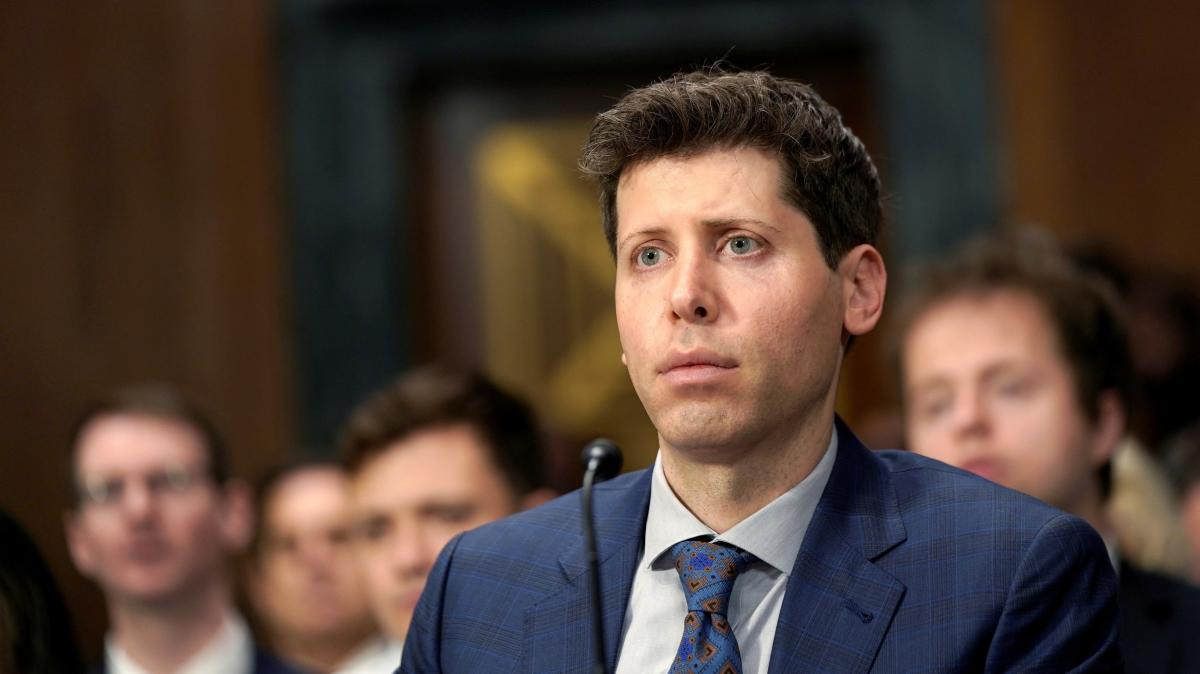OpenAI’s Sam Altman Takes on Role in San Francisco’s Government
Sam Altman, the CEO of OpenAI, has been appointed as one of seven co-chairs of Mayor-elect Daniel Lurie’s transition team in San Francisco. This appointment marks a growing trend of tech executives stepping into government roles in the city. Altman, whose company is known for developing ChatGPT, joins a group of former Silicon Valley leaders taking up positions in local government following this month’s election.
The increasing influx of tech industry influence into San Francisco has sparked some tensions, as the city, historically associated with counterculture, sees its tech industry expand beyond Silicon Valley into the urban core. San Francisco, facing challenges such as a sluggish post-pandemic economic recovery, homelessness, and drug-related issues, is also shifting politically towards centrist Democratic policies. This transformation is partly fueled by both tech executives and the city’s citizens frustrated with the status quo.
Lurie’s Incoming Administration and Tech Influence
Daniel Lurie, a philanthropist and heir to Levi Strauss fortune, will replace London Breed, the city’s first Black female mayor. Lurie, who takes office on January 8, faces the significant challenge of addressing San Francisco’s public safety crisis, which has prompted many tech leaders to leave the Bay Area. In addition to Altman, Lurie’s campaign was supported by tech figures such as Jan Koum, co-founder of WhatsApp.
Altman’s involvement underscores a broader trend where tech leaders aim to apply their industry expertise to solve urban issues. “I’m excited to help the city I love, and where OpenAI was started,” Altman said in a statement. His participation in the transition team reflects a shift towards a more pragmatic, metrics-driven approach to governance that focuses on quality-of-life issues rather than ideological debates.
Tech’s Role in San Francisco’s Future
Bilal Mahmood and Danny Sauter, both former software entrepreneurs, were also elected to San Francisco’s Board of Supervisors, signaling a wave of tech-driven political change. Mahmood, who has expressed support for more metrics-driven governance, believes the city’s current challenges stem from inefficiencies in its technical infrastructure. He advocates for addressing issues like housing delays and hiring backlogs, areas where tech leaders are well-positioned to make an impact.
These developments suggest a new direction for San Francisco, as its leadership taps into the technical expertise of the Silicon Valley elite to tackle persistent urban issues.


















